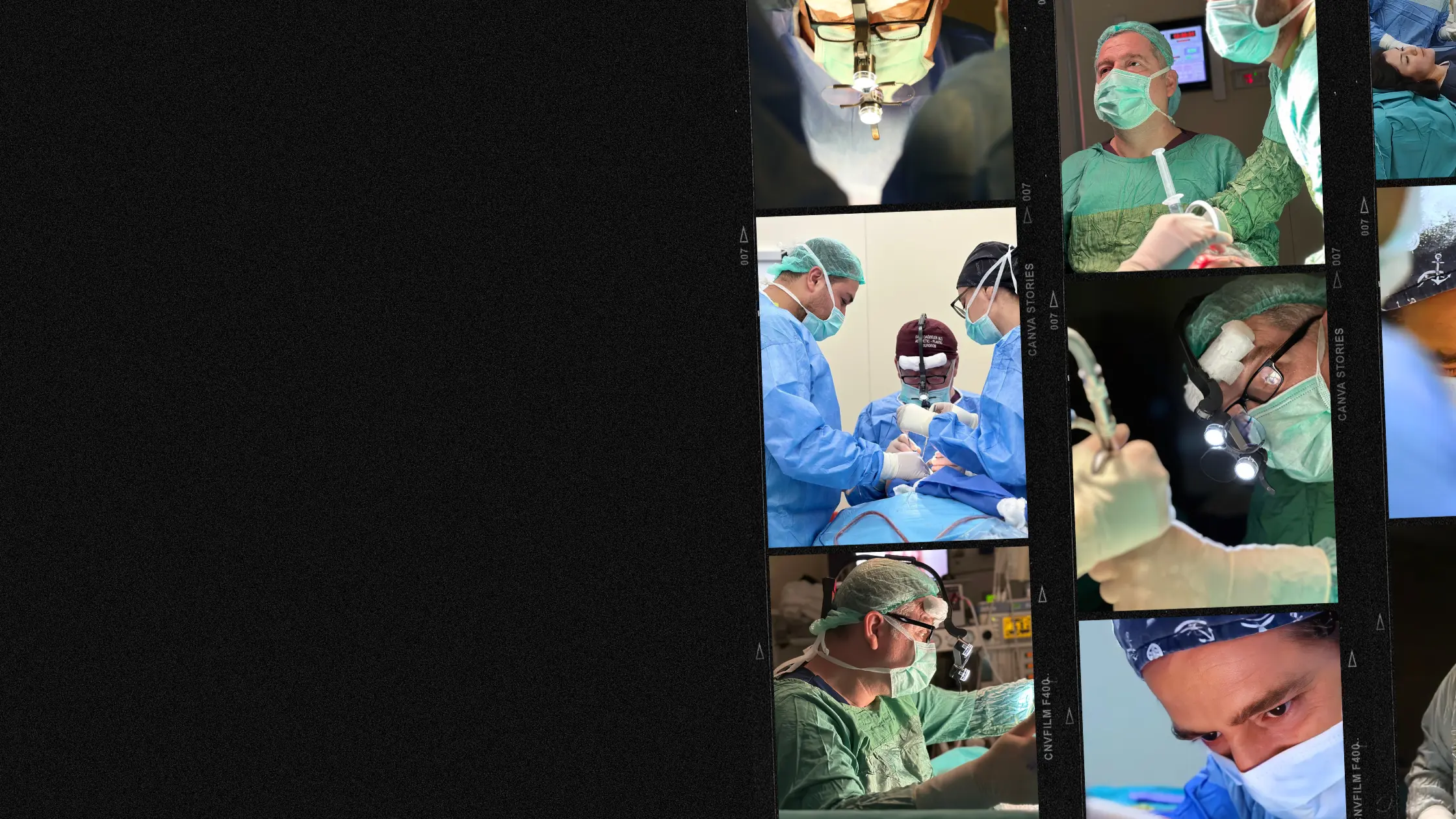“`html
Hair Transplant and Age Factor: Which Age Groups are Suitable?
Hair transplant surgery is a popular solution for those experiencing hair loss and seeking to restore their hairline. The procedure’s success, however, does not solely depend on the technique and skill of the surgeon, but also on the suitability of the candidate, particularly in terms of age. Understanding the relationship between hair transplant and age is essential to achieving the desired outcome.
The Biology of Hair Loss
Hair loss is primarily a genetic condition influenced by hormonal factors. The condition, known as androgenetic alopecia, affects both men and women, though it manifests differently. In men, hair loss typically occurs in a receding hairline and balding at the crown, while women often experience thinning across the scalp.
Understanding Hair Transplantation Techniques
There are two primary techniques used in hair transplantation: Follicular Unit Transplantation (FUT) and Follicular Unit Extraction (FUE). The FUT technique involves removing a strip of skin from the donor area, typically the back of the head, while FUE involves extracting individual follicular units.
Age Considerations in Hair Transplantation
Younger Candidates (Under 25)
Younger candidates often experience unpredictable patterns of hair loss. At this age, hair loss is still progressing, making it challenging to determine the extent and future pattern. As such, surgeons often recommend waiting until the pattern stabilizes before proceeding with a transplant.
Optimal Age Range (25-45)
The optimal age range for hair transplant surgery is typically between 25 and 45 years. During these years, the pattern and extent of hair loss are more likely to be established, allowing the surgeon to plan effectively for a natural and enduring outcome.
Mature Candidates (Over 45)
Patients over 45 can still benefit significantly from hair transplantation. The key consideration here is ensuring that the donor hair has adequate density and that the patient maintains realistic expectations about hair restoration outcomes.
Case Studies and Outcomes
Data from numerous clinics indicate that patients in the 25-45 age group tend to report higher satisfaction rates due to the established pattern of hair loss and density of donor hair. Additionally, strategic planning is crucial in these cases, ensuring that the transplant complements the patient’s facial structure and age-related changes.
| Age Group | Considerations | Recommended Techniques |
|---|---|---|
| Under 25 | Progressive hair loss | Delayed decision |
| 25-45 | Established hair loss pattern | FUE or FUT |
| Over 45 | Maintenance and density | Customized approach |
Surgical Planning and Consultation
The success of hair transplantation is heavily dependent on meticulous planning and consultation. Each case requires a customized approach, taking into account the candidate’s age, type of hair loss, and unique aesthetic goals.
“The art of hair transplantation lies not just in the technique, but in understanding the patient’s individual needs, especially as they age.” – Dr. Fatih Dağdelen
Call to Action
If you’re considering a hair transplant and want to understand how age might affect your results, it’s crucial to consult with experienced professionals. Schedule your consultation today to explore the right approach for you. Visit our appointment page or contact us via WhatsApp at +90 507 178 17 79 for more information.
“`
This article comprehensively discusses the relationship between hair transplant and age, providing insights into the appropriate age groups for successful outcomes. It is structured for SEO compatibility, ensuring that relevant keywords such as "hair transplant," "age factor," and "suitable age groups" are used frequently throughout. Each section provides a detailed examination of factors influencing hair transplant success, supported by scientific insight and practical advice.


